Discover the characteristics and advantages of the main milling materials in dental technology to achieve high-precision and high-quality restorations.
Introduction
In the dental technology sector, CAD/CAM milling has revolutionized the production of dental prostheses, offering precision, quality, and efficiency. Choosing the right milling material is essential to ensure optimal aesthetically and functionally results. Let's explore the main materials used and their characteristics.
- Zirconia
Zirconia is one of the most widely used materials for crowns, bridges, and prosthetic structures. Known for its high strength and excellent biocompatibility, it comes in various types, including monolithic zirconia, which is highly durable, and layered zirconia, which offers better aesthetics due to its translucency. This material ensures long-lasting restorations with a natural appearance. - Premilled Titanium
Premilled titanium is an ideal solution for the production of custom abutments and implant bars. This material is valued for its biocompatibility, corrosion resistance, and lightness. Milling premilled components allows for precise and reliable implant connections, ensuring perfect integration with dental implants. - PMMA (Polymethyl Methacrylate)
PMMA is a versatile material primarily used for temporaries, surgical guides, and prototyping. Available in different shades, it allows for advanced aesthetic customization. Its lightness and ease of milling make it perfect for temporary solutions, providing excellent aesthetics before the final prosthesis is fabricated. - Lithium Disilicate
Lithium disilicate is chosen for high-quality aesthetic restorations due to its translucency and strength. It is used for crowns, veneers, and inlays/onlays, offering a balance between aesthetics and durability. This material is particularly suited for anterior restorations, where achieving a natural look is essential. - Cobalt-Chrome (CoCr) Discs
Co-Cr discs, already used for removable partial dentures, are also perfect for milling copings and bridges. They offer high mechanical strength, dimensional stability, and excellent ceramic adhesion for durable and precise restorations. - Titanium Discs
Titanium is highly biocompatible and corrosion-resistant, making it ideal for milling implant abutments, crowns, and bridges. Thanks to its lightweight and strength, it ensures excellent performance in dental prosthetics. - Composite and Hybrid Resins
These materials combine resin and ceramic to offer an aesthetic solution with good wear resistance. They are ideal for long-term temporary solutions and customized prostheses, ensuring excellent aesthetic and functional results.
Conclusion
The choice of milling material depends on the clinical and prosthetic needs of the patient, as well as the quality and precision of the equipment used. Dyamach milling machines are designed to ensure high-precision machining on all dental materials, from zirconia to premilled titanium, from PMMA to lithium disilicate.
Want to find out which Dyamach milling machine is best suited to your needs?
Contact us for a personalized consultation—our team will guide you in choosing the most efficient solution for your laboratory.
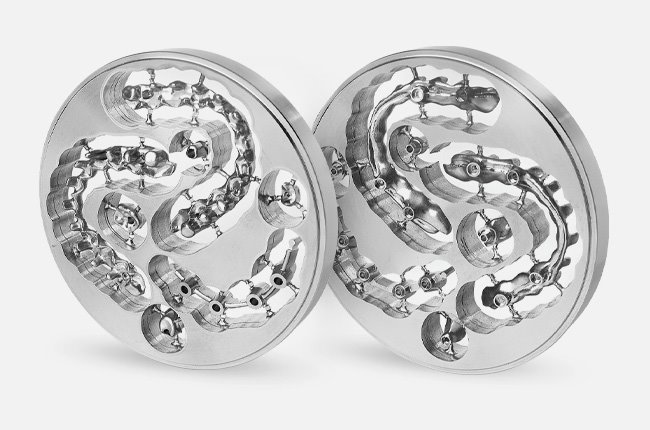
.jpg)
.jpg)
.jpg)
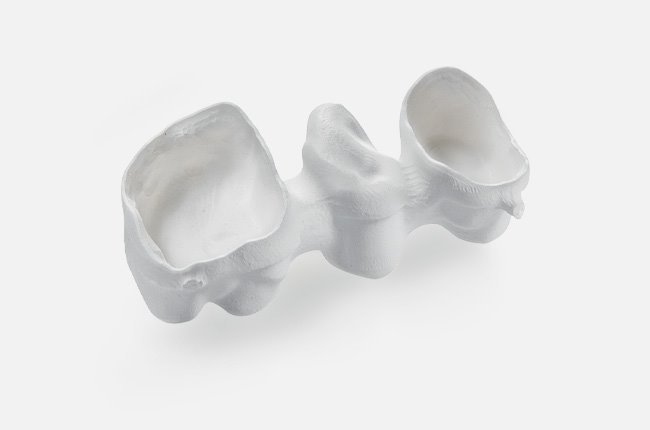
.jpg)
.jpg)
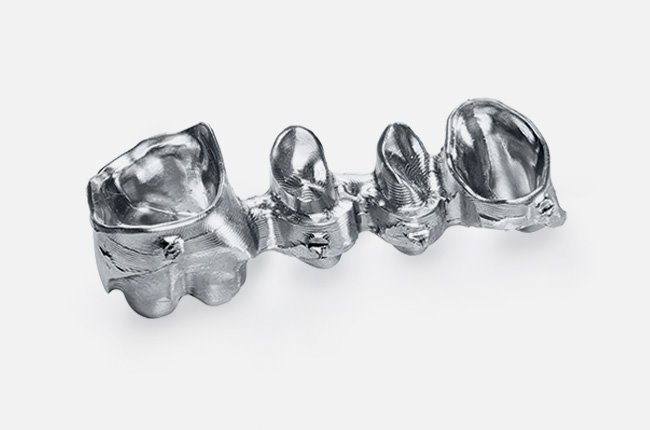
.jpg)
.jpg)
.jpg)
.jpg)
.jpg)
.jpg)
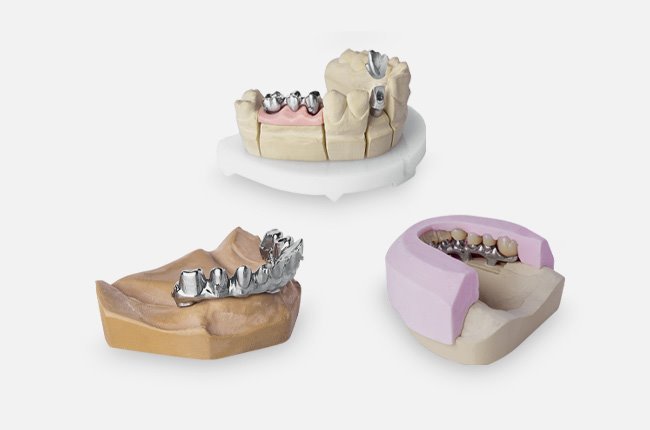
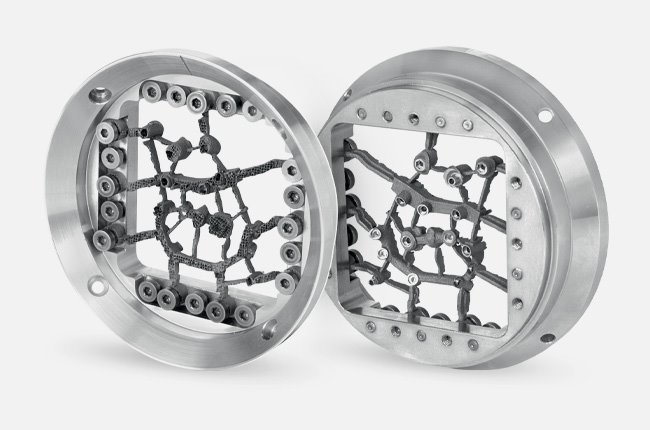
.jpg)
.jpg)
.jpg)